Parking lot lights have become essential features in modern parking lots, providing illumination for safety, security, and visibility, especially during nighttime hours.
With the rise in urbanization, commercialization, and vehicle ownership, the demand for parking lot lights has increased to accommodate the growing need for parking spaces and ensure the safety and convenience of motorists and pedestrians.
What Are Parking Lot Lights?
Parking lot lights are specialized lighting fixtures designed for installation in parking lots to provide illumination for vehicles and pedestrians. These lights play a crucial role in enhancing safety, security, and visibility in parking areas, particularly during nighttime hours or in poorly lit environments.
Parking lot lights are typically mounted on poles or structures at regular intervals throughout the parking lot to ensure uniform illumination across the entire area. They emit light downward onto the parking lot surface, providing adequate brightness for motorists to navigate, locate parking spaces, and maneuver safely.

What Types Are There?
There are several types of parking lot lights available, each with its own unique features, benefits, and applications. Here are some common types:
High-Pressure Sodium (HPS) Lights:
- HPS lights emit a warm, yellowish light and are known for their high efficiency and long lifespan.
- They provide good visibility and are often used in outdoor lighting applications, including parking lots, streets, and highways.
- HPS lights are cost-effective and reliable but may have lower color rendering compared to other types of lights.
Metal Halide Lights:
- Metal halide lights produce a bright, white light with excellent color rendering properties.
- They are commonly used in outdoor areas where high-quality illumination is required, such as parking lots, sports fields, and commercial buildings.
- Metal halide lights provide good visibility and can effectively light up large areas, but they may have higher energy consumption and shorter lifespans compared to LED lights.
LED (Light Emitting Diode) Lights:
- LED parking lot lights are becoming increasingly popular due to their energy efficiency, durability, and versatility.
- LED lights offer bright, uniform illumination while consuming less energy than traditional lighting technologies.
- They have a longer lifespan and require less maintenance, making them a cost-effective and environmentally friendly choice for parking lot lighting.
- LED lights come in various shapes, sizes, and designs, including shoebox lights, floodlights, and area lights, allowing for flexible installation and customization options.
Induction Lights:
- Induction lights use electromagnetic induction to produce light and are known for their high efficiency and long lifespan.
- They offer good color rendering and stable performance in various environmental conditions.
- Induction lights are often used in outdoor applications where reliability and energy efficiency are important, such as parking lots, garages, and warehouses.
Solar-Powered Lights:
- Solar-powered parking lot lights harness solar energy from the sun to generate electricity and power the light fixtures.
- They are independent of the electrical grid and are ideal for remote or off-grid locations where traditional power sources are not available.
- Solar-powered lights are environmentally friendly and cost-effective over the long term, but they may have higher upfront costs and lower brightness compared to traditional lights.

Advantages of Parking Lot Lights:
Enhanced Safety: Parking lot lights improve visibility and enhance safety for motorists and pedestrians, especially during nighttime hours or in poorly lit environments. Adequate lighting helps drivers navigate the parking lot, locate parking spaces, and identify potential hazards, reducing the risk of accidents, collisions, and pedestrian accidents.
Security: Well-lit parking lots deter criminal activity such as vandalism, theft, and assault by increasing visibility and reducing hiding spots for potential perpetrators. Illuminated parking areas create a sense of safety and security for vehicle owners and visitors, reducing the likelihood of criminal incidents and enhancing overall security measures.
Customer Experience: Adequate lighting in parking lots improves the overall customer experience by providing a safe and welcoming environment for visitors. Well-lit parking areas make it easier for customers to locate their vehicles, navigate the parking lot, and access businesses or facilities, enhancing convenience and satisfaction.
Brand Image: Well-maintained parking lot lights contribute to the overall aesthetics and professionalism of commercial properties, leaving a positive impression on customers, visitors, and tenants. A well-lit parking lot reflects positively on the business or property owner, reinforcing their commitment to safety, quality, and customer service.

Legal Compliance: Many jurisdictions have regulations or building codes that require adequate lighting in parking areas to ensure safety and security. By installing and maintaining parking lot lights, property owners can comply with these legal requirements and avoid potential liabilities associated with inadequate lighting conditions.
Traffic Management: Parking lot lights help regulate traffic flow and manage parking space usage by providing clear guidance and visibility for drivers. Illuminated parking areas make it easier for motorists to navigate through the lot, locate available parking spaces, and follow designated traffic patterns, reducing congestion and improving overall traffic management.
Extended Hours of Operation: Properly illuminated parking lots allow businesses and facilities to extend their hours of operation into the evening or nighttime hours, accommodating customers and visitors who may arrive or depart outside of traditional daytime hours. This flexibility can increase foot traffic, revenue opportunities, and overall business viability.
Disadvantages of Parking Lot Lights:
While parking lot lights offer numerous benefits, they also come with some potential disadvantages that should be considered. Here are a few disadvantages of parking lot lights:
Energy Consumption: Parking lot lights can be energy-intensive, particularly if they use traditional lighting technologies such as high-pressure sodium (HPS) or metal halide bulbs. High energy consumption contributes to increased electricity bills and carbon emissions, which can be a concern for environmentally conscious property owners.

Maintenance Costs: Parking lot lights require regular maintenance to ensure optimal performance and longevity. This may include bulb replacements, fixture cleaning, electrical repairs, and periodic inspections, which can add to the overall operating costs of the lighting system.
Light Pollution: Excessive or poorly directed lighting in parking lots can contribute to light pollution, which can have negative effects on the surrounding environment, wildlife habitats, and neighboring properties. Light pollution can disrupt natural ecosystems, interfere with wildlife behavior, and affect human health and well-being.
Glare and Discomfort: Bright parking lot lights can cause glare and discomfort for motorists, pedestrians, and nearby residents, especially if the lights are improperly aimed or poorly shielded. Glare can reduce visibility, create distractions, and increase the risk of accidents or collisions, particularly for drivers navigating the parking lot at night.
Visual Intrusion: Some people may find brightly illuminated parking lots visually intrusive, particularly in residential or natural areas where dark skies are valued. Overly bright or poorly designed lighting can detract from the nighttime aesthetic and disturb the tranquility of the surrounding environment.

Light Trespass: Parking lot lights can inadvertently spill light onto neighboring properties or into nearby buildings, causing light trespass and disrupting the privacy and comfort of residents or tenants. Light trespass can lead to complaints and conflicts with neighboring property owners, requiring adjustments to the lighting design or installation of shielding to mitigate the issue.
Aesthetic Impact: The installation of parking lot lights can alter the visual character and nighttime ambiance of an area, particularly in scenic or historic locations. Brightly lit parking lots may detract from the natural beauty or architectural heritage of the surroundings, affecting the overall aesthetic appeal of the area.
Summary:
Parking lot lights play a crucial role in enhancing safety, security, and visibility in parking lots, particularly during nighttime hours. While they offer numerous advantages, including enhanced safety, security, and convenience, they also come with potential disadvantages, such as energy consumption, maintenance costs, and light pollution. By carefully evaluating lighting requirements, technology options, and maintenance considerations, parking lot owners can choose the most suitable lighting solutions to meet their needs and enhance the overall safety and functionality of their parking facilities.


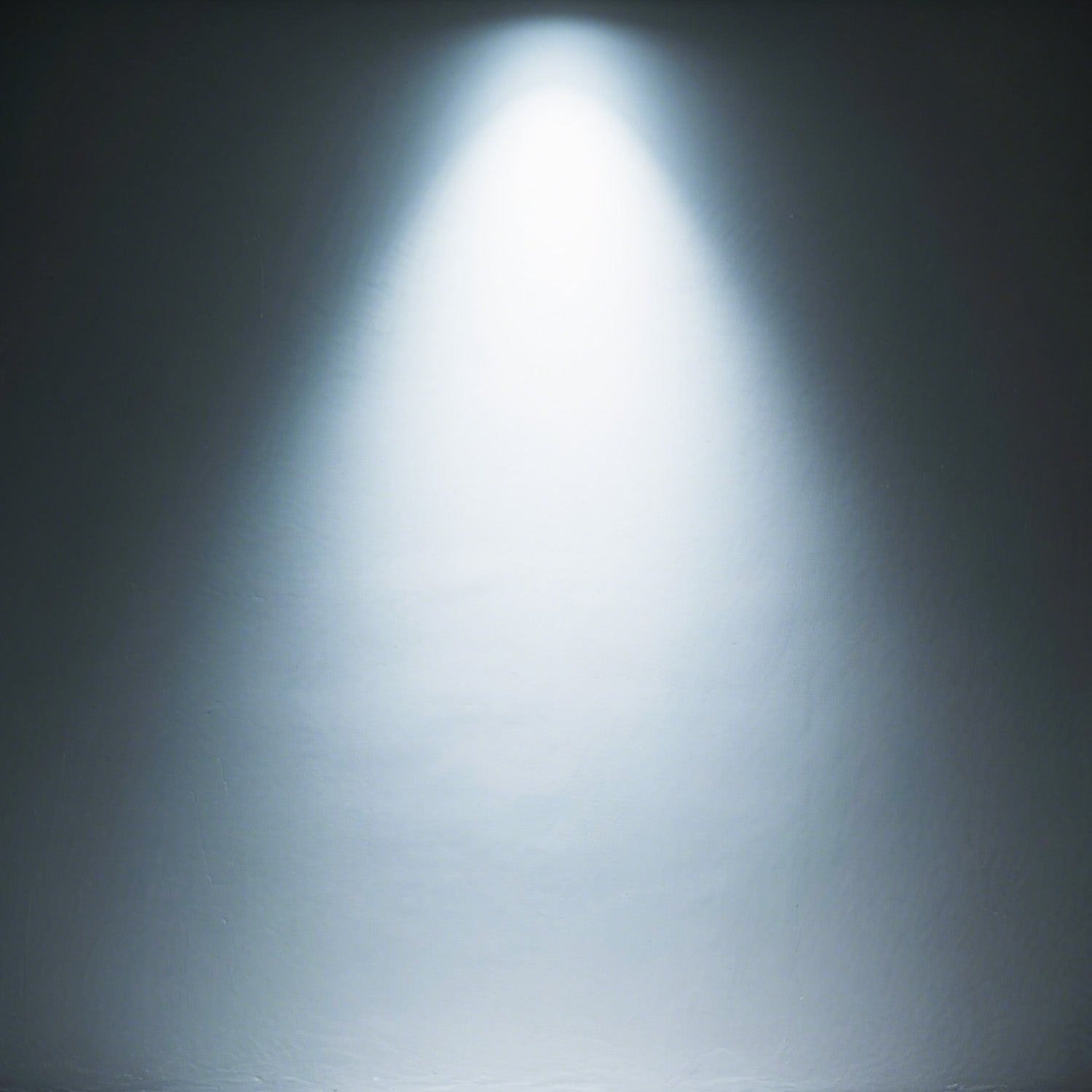
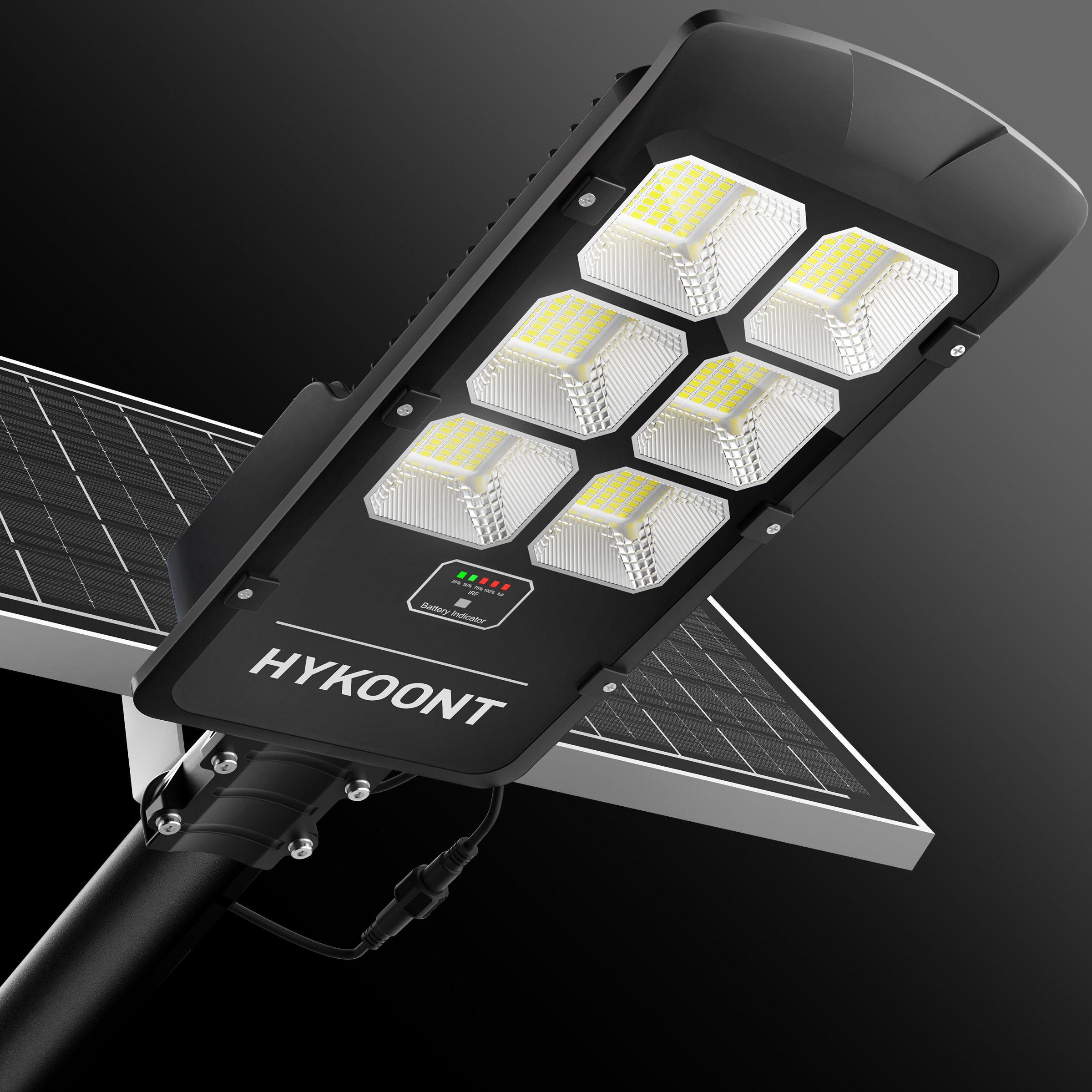
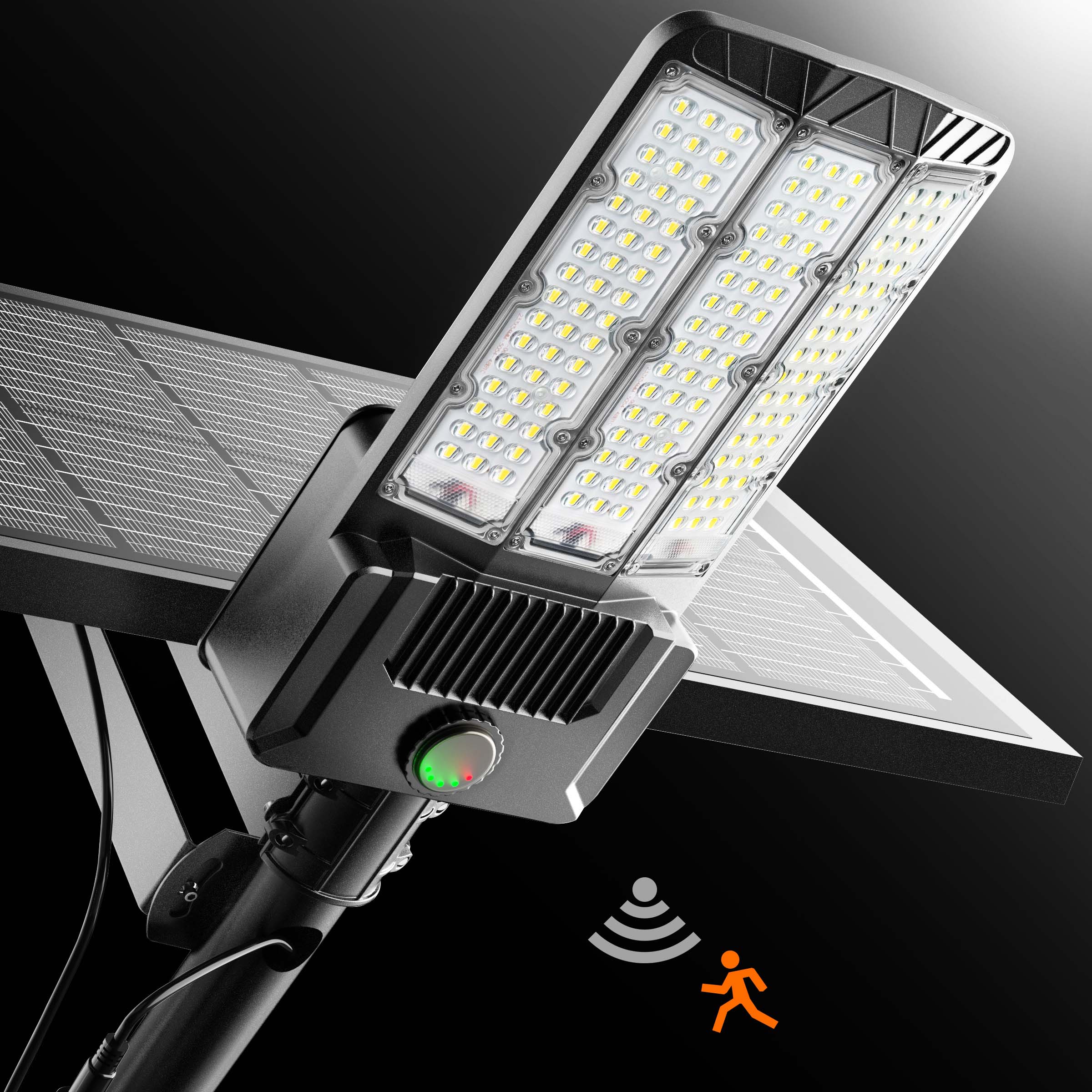
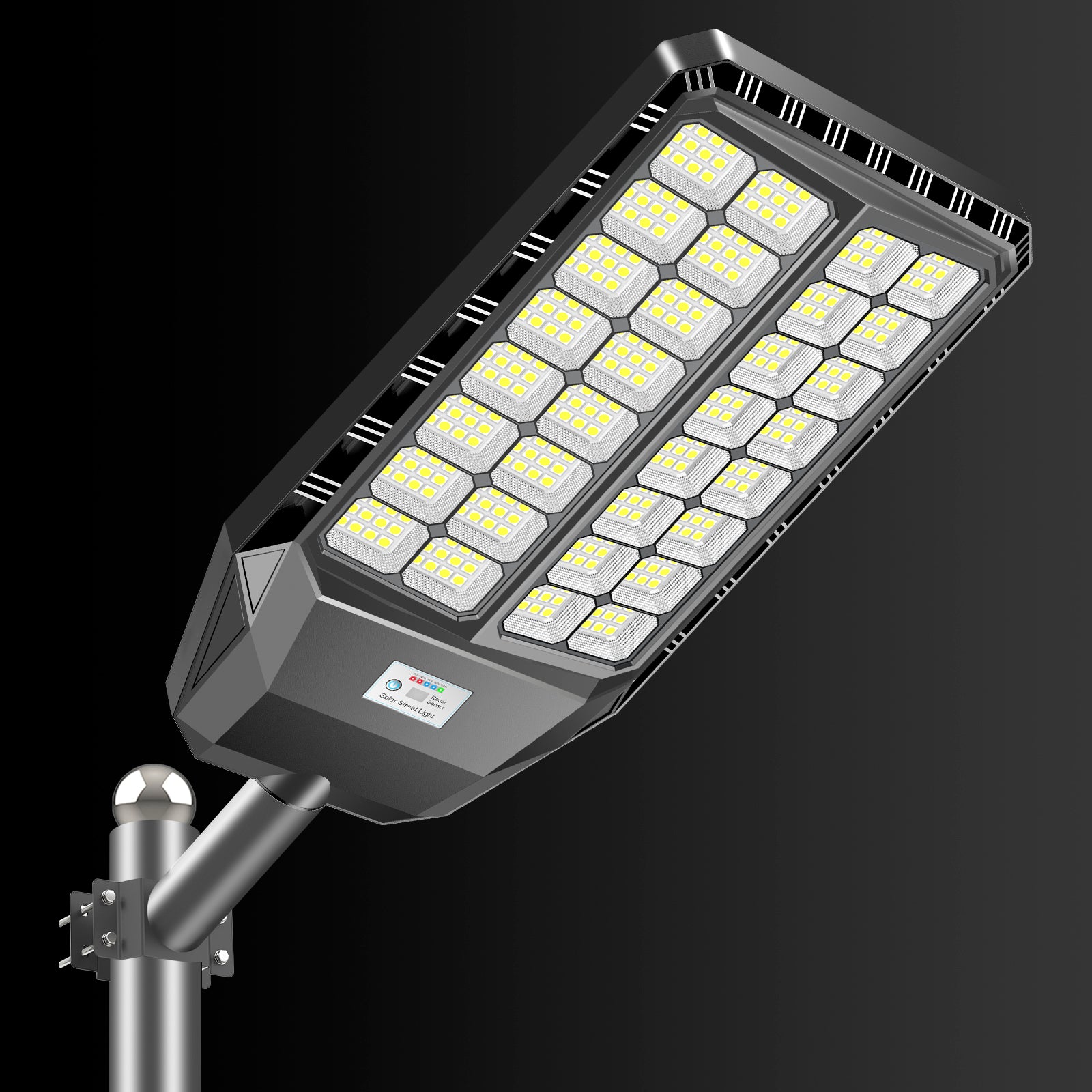
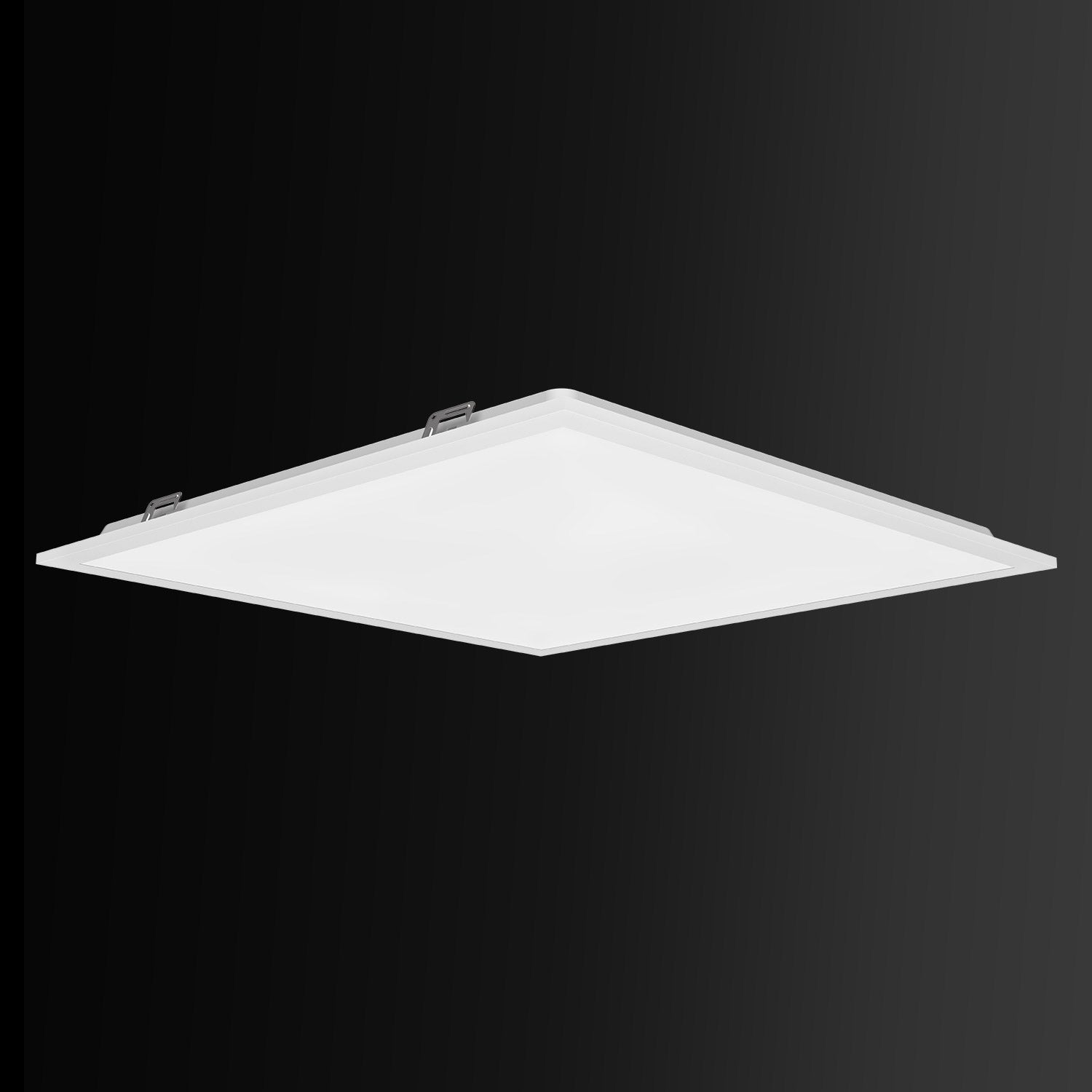
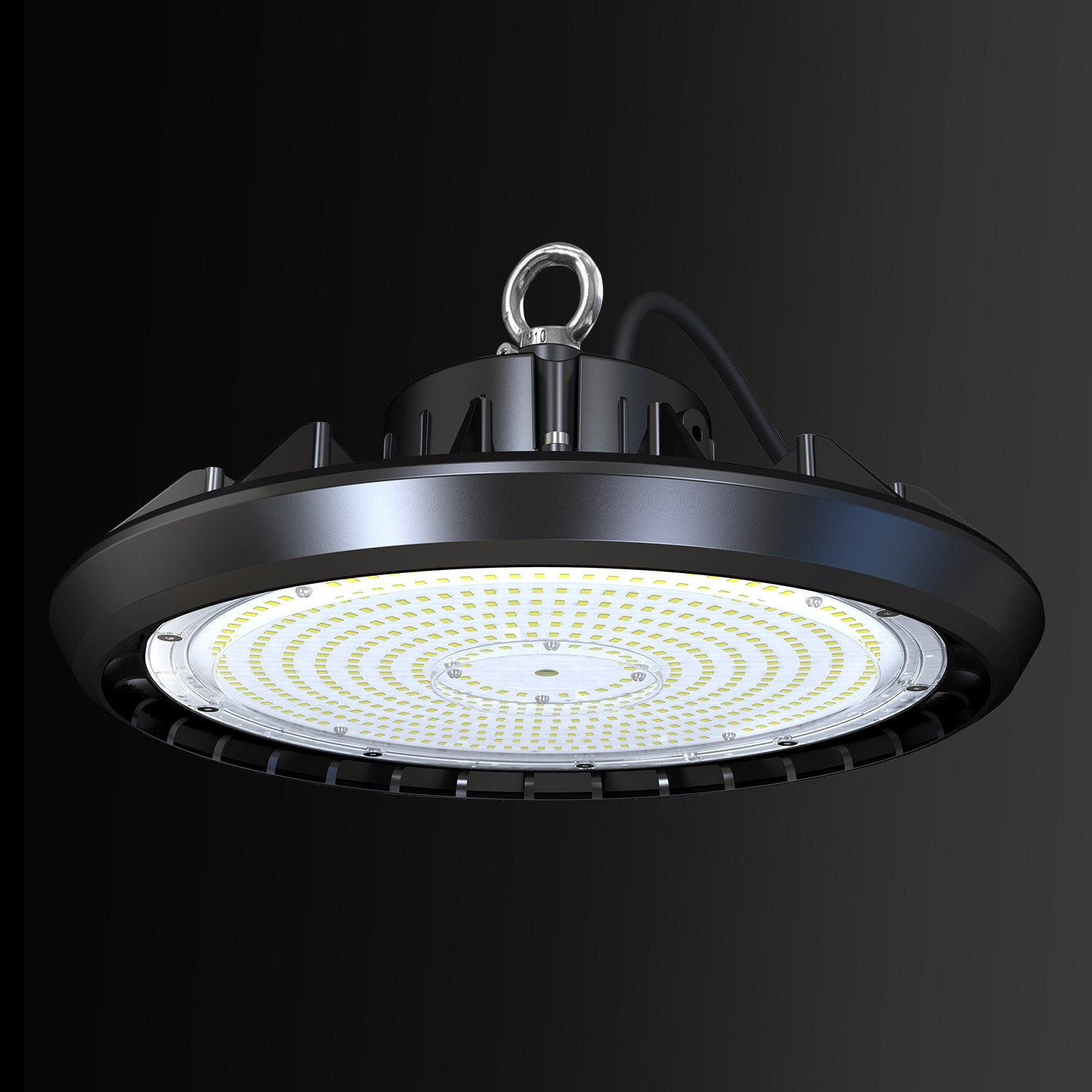
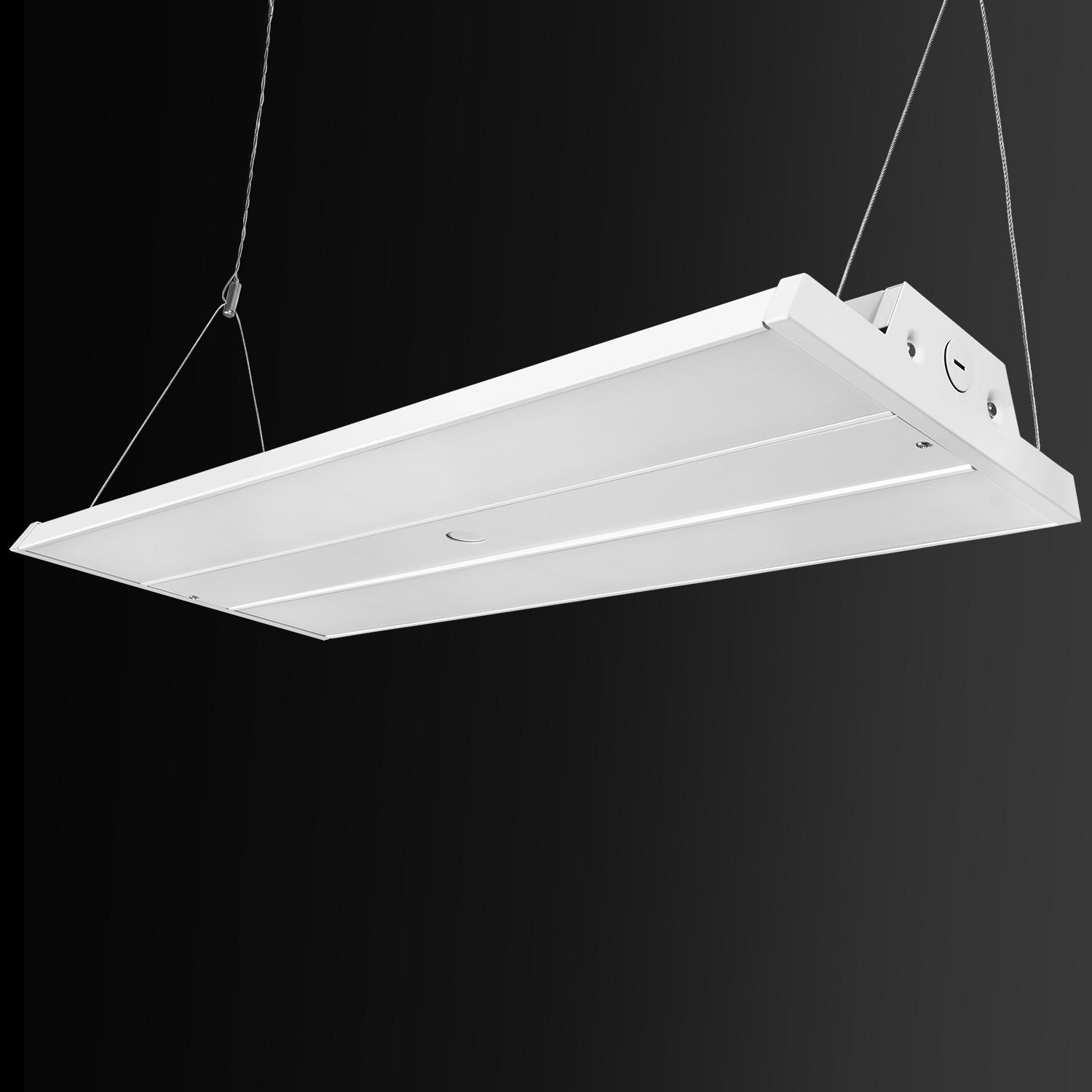
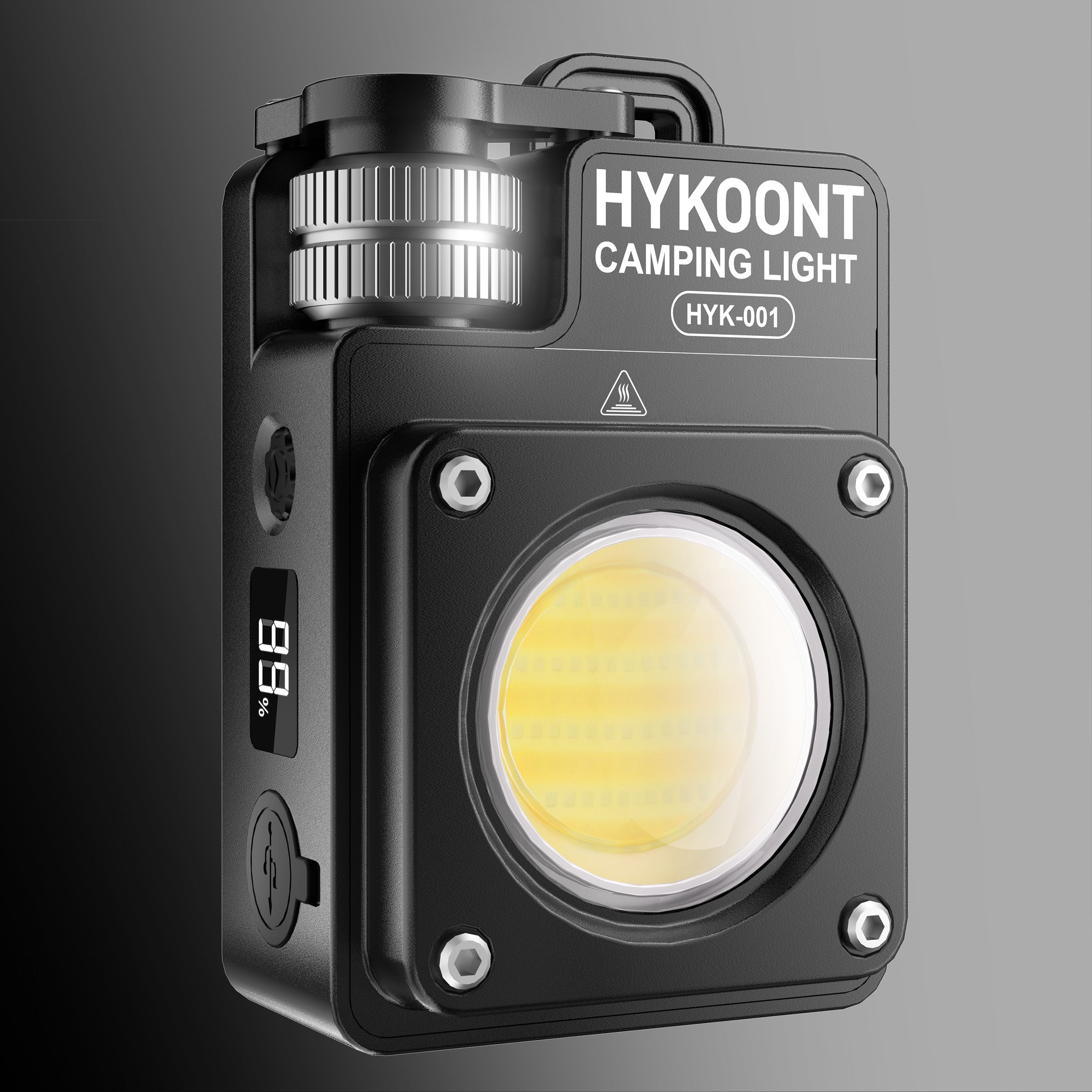
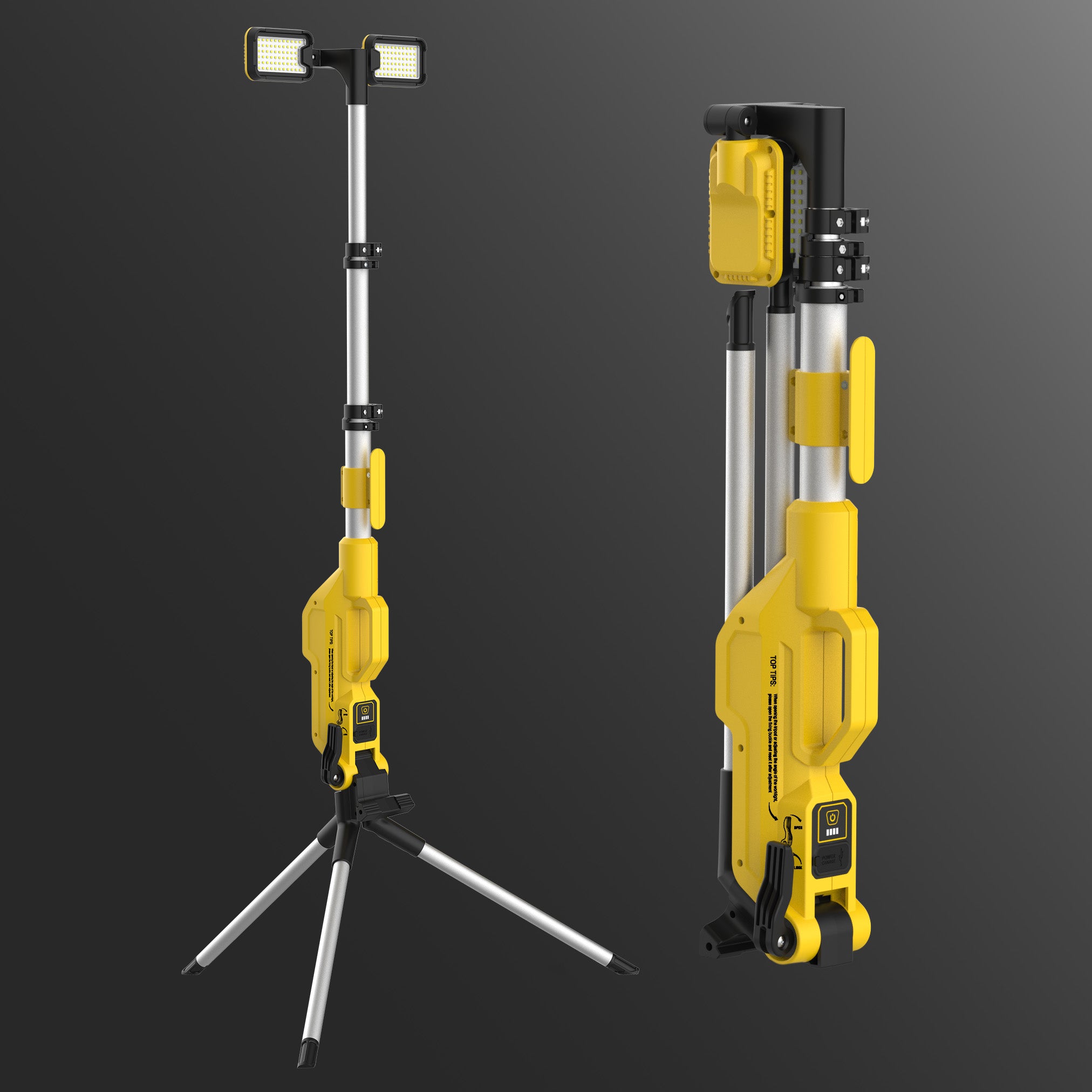
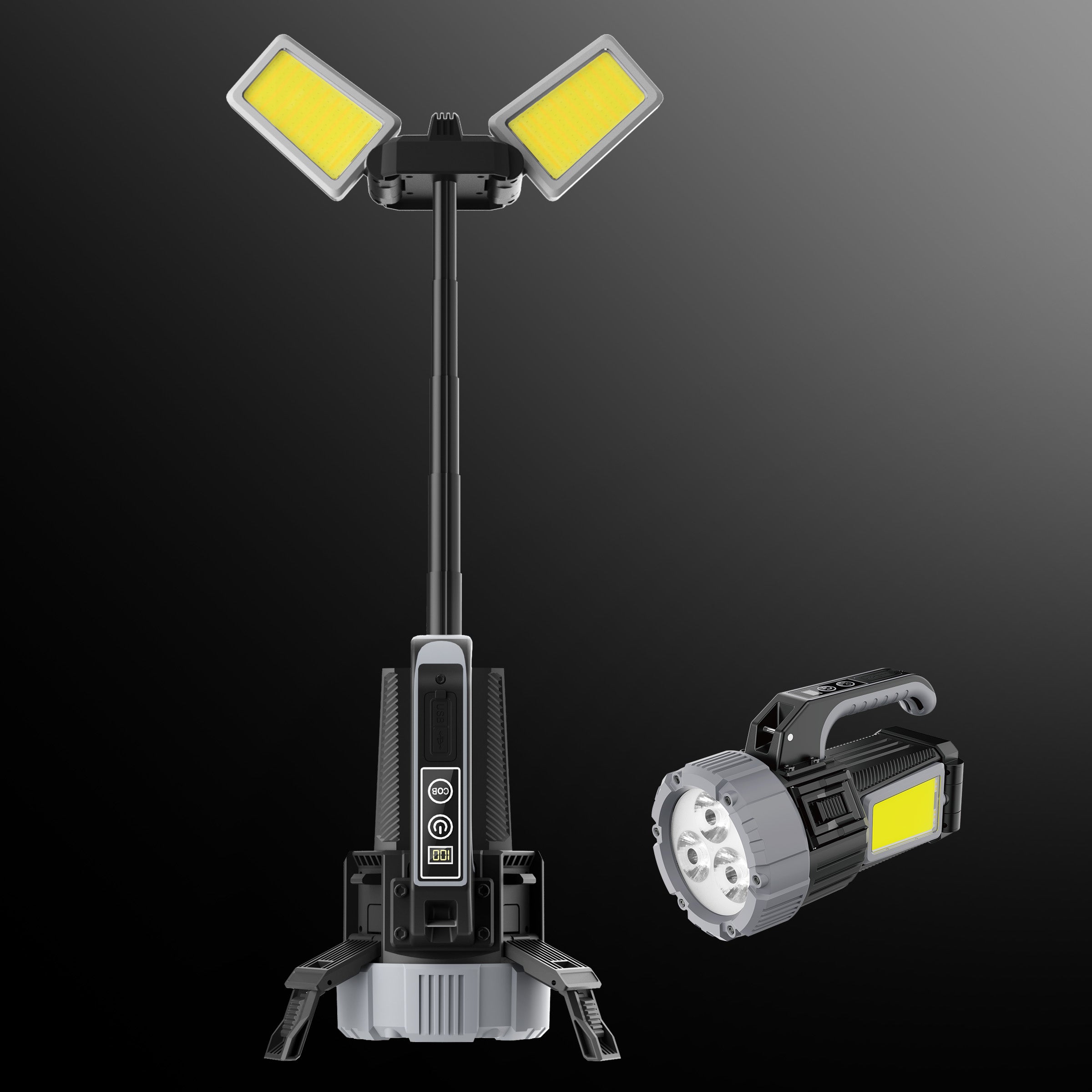



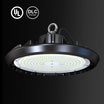
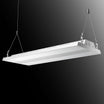


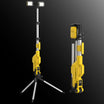
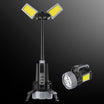
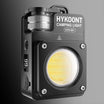
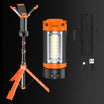
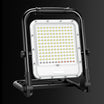
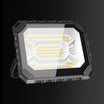



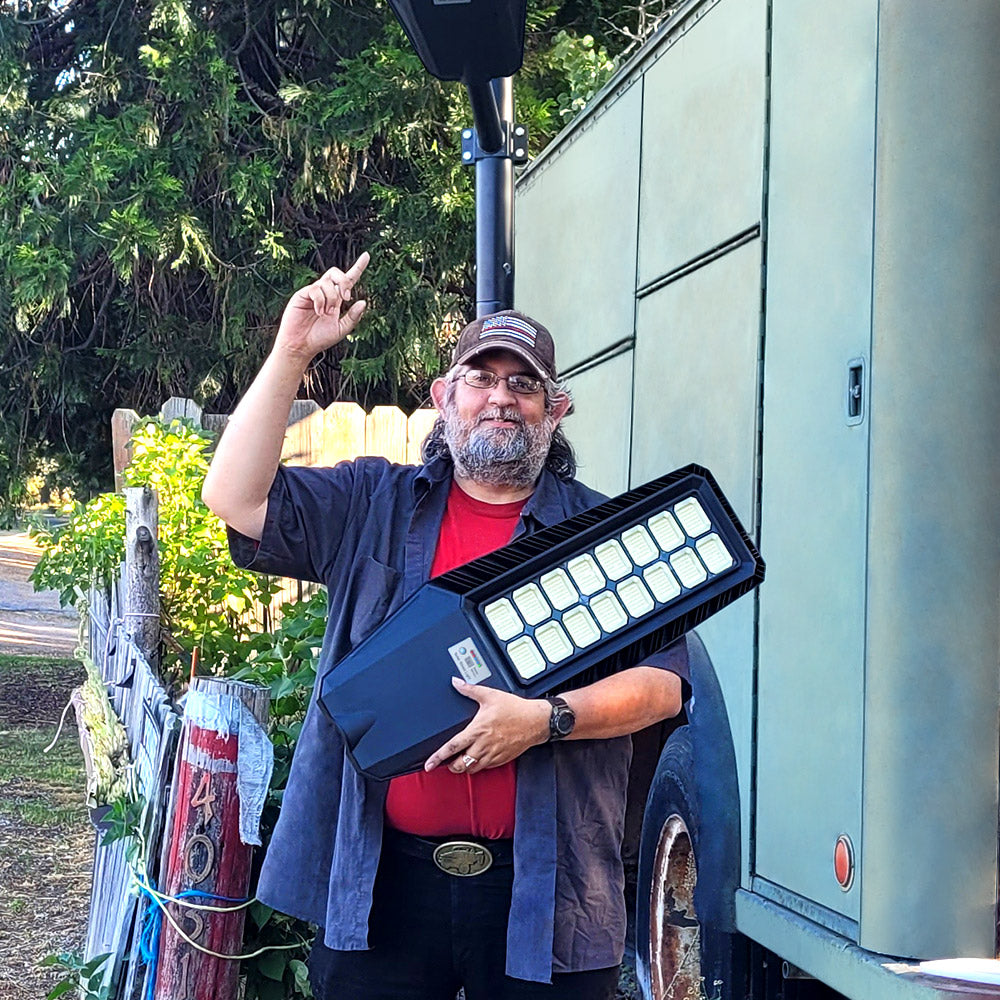
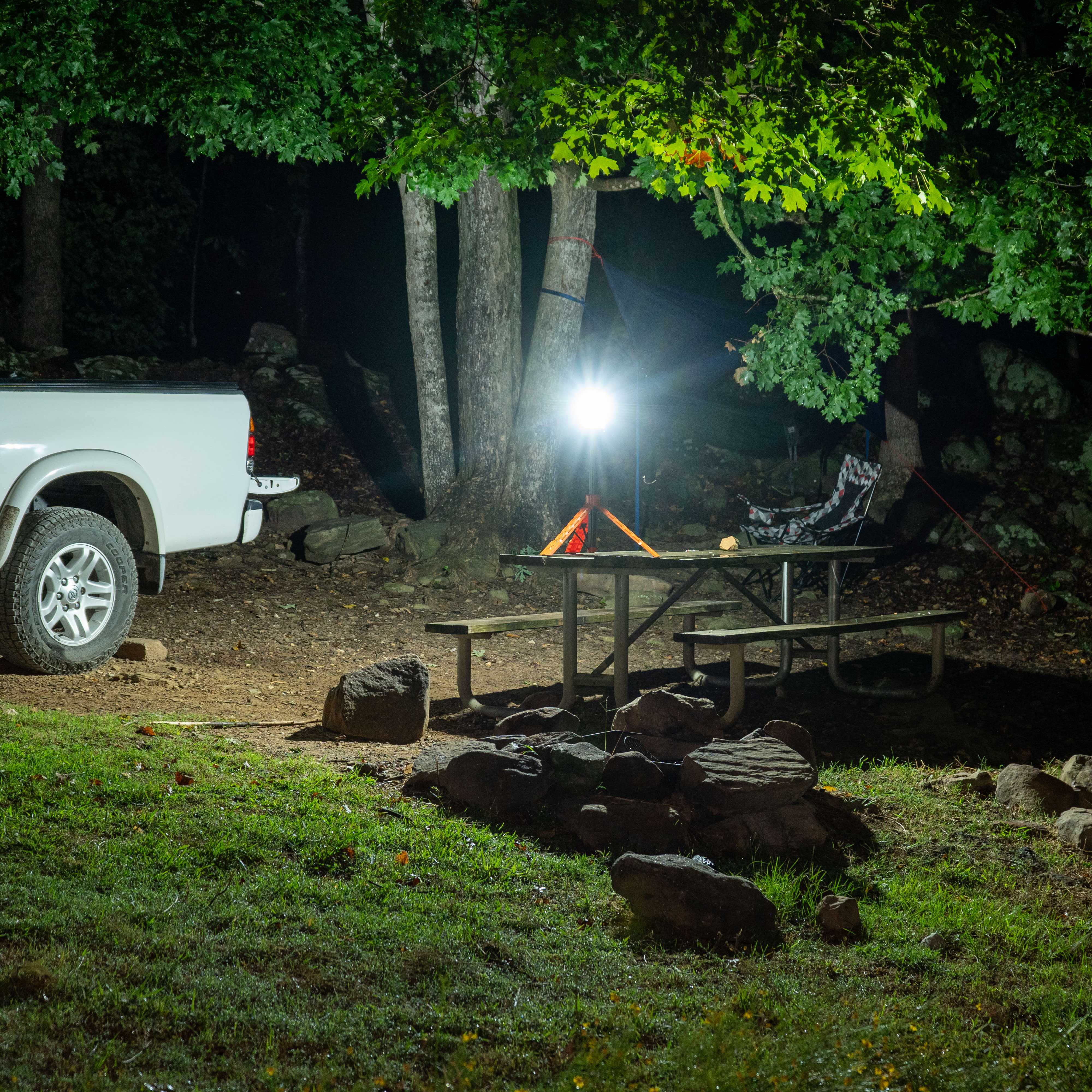
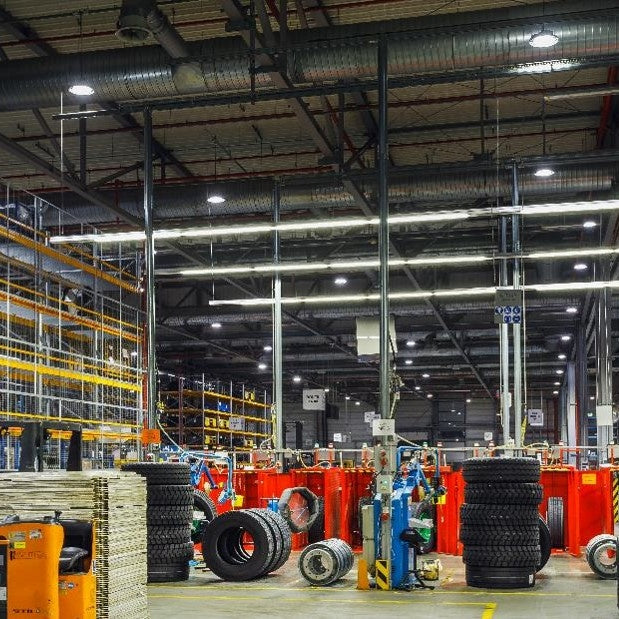
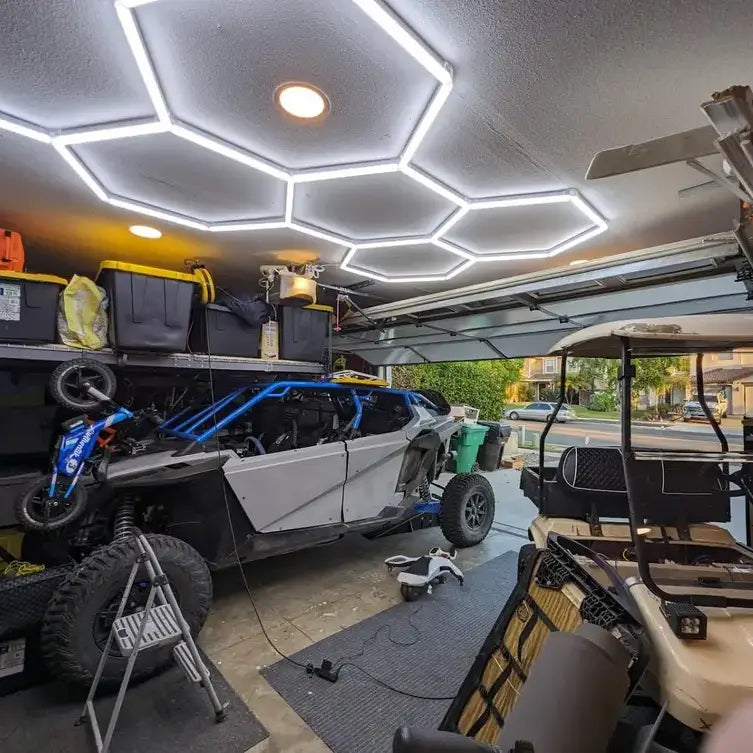
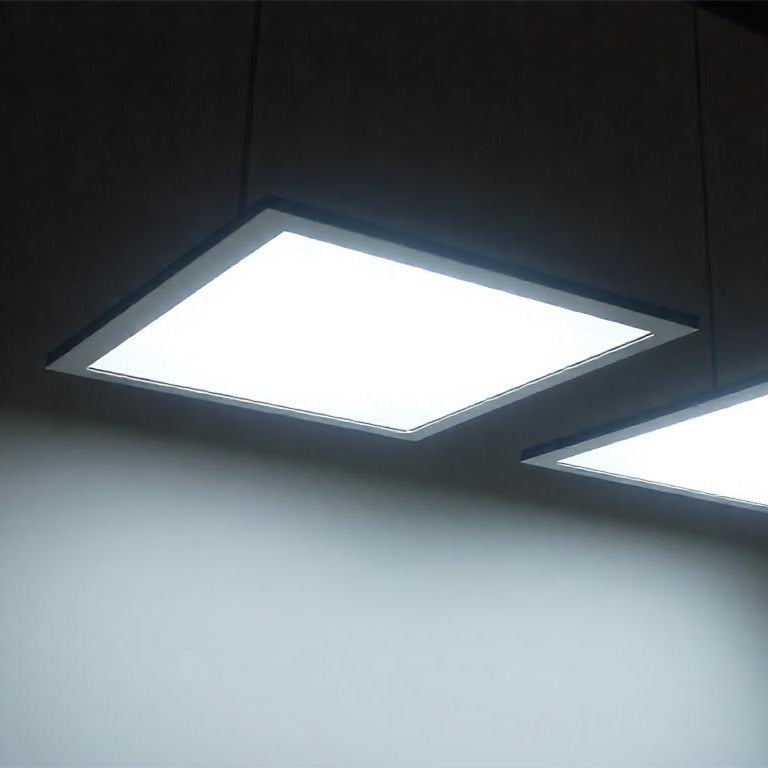
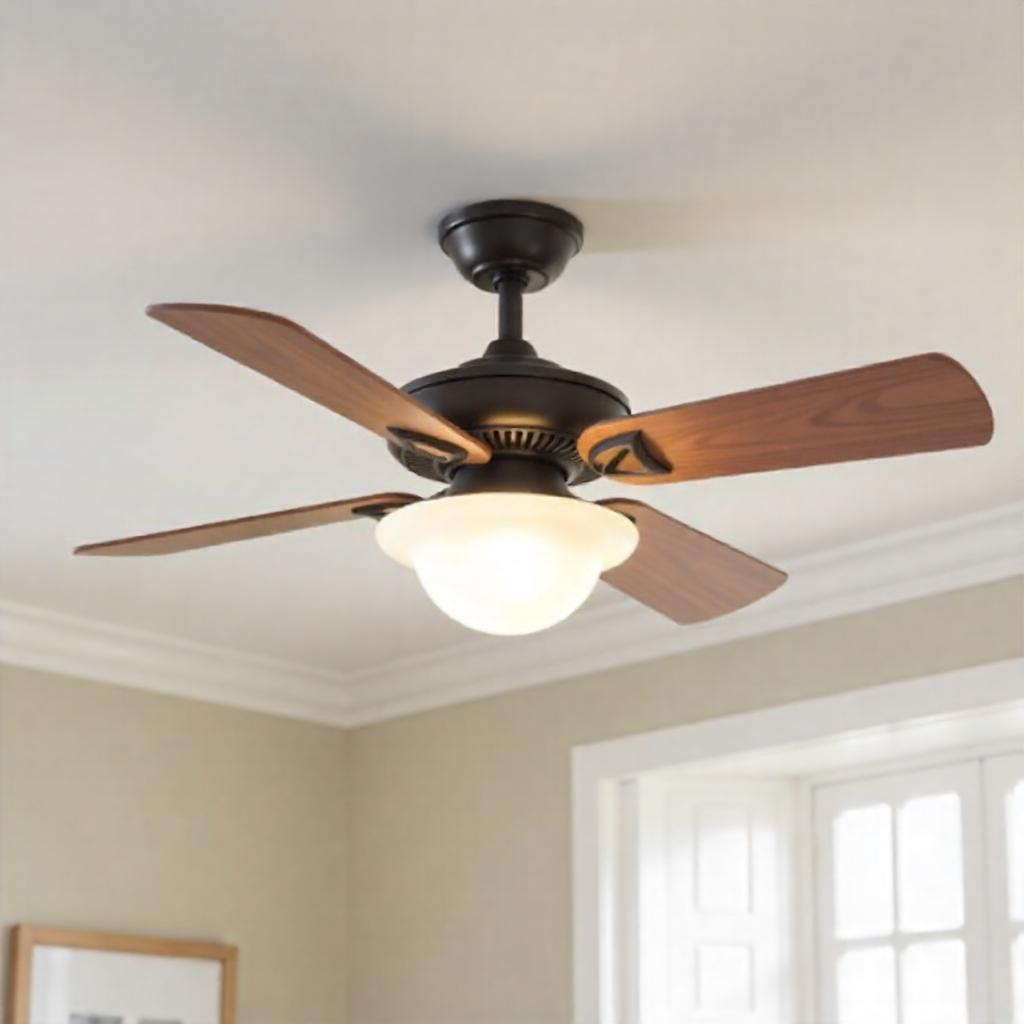
Leave a comment
This site is protected by hCaptcha and the hCaptcha Privacy Policy and Terms of Service apply.